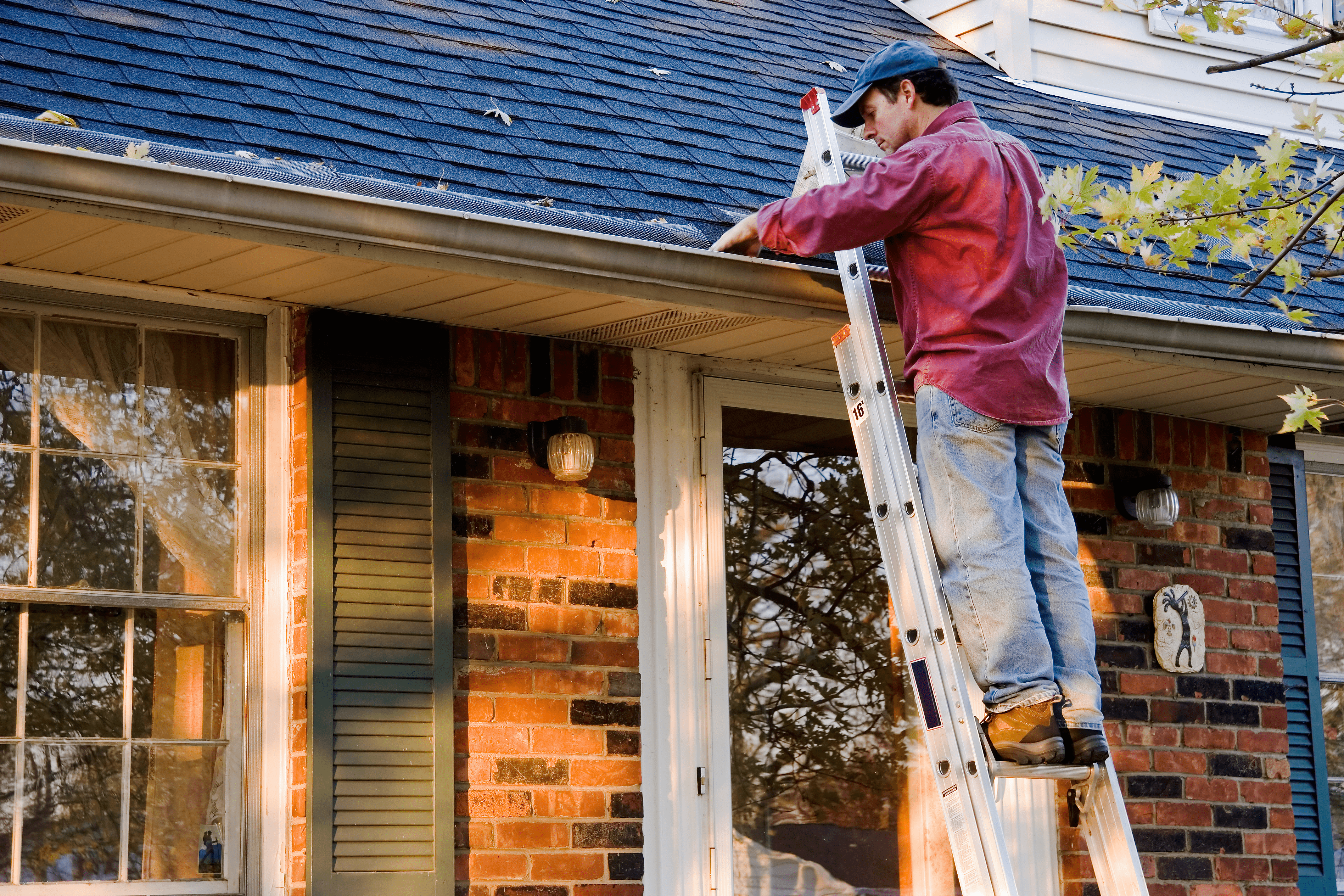Performing regular maintenance on your home plumbing system is the number-one best, most fool-proof way to avoid having to deal with severe water damage and other disastrous consequences of water leaks or other plumbing problems that can go undetected for quite some time without regular maintenance. This is why seasonal plumbing can be of extreme importance.
Over time, the condition of the pipes and other parts of your home plumbing system deteriorate. This natural wear and tear can lead to severe water damage over time, which is why it is so important to both check your home plumbing system for problems and perform regular maintenance on it to avoid paying for costly plumbing repairs in the future.
Fortunately, performing maintenance on your home plumbing system is fairly simple. Different plumbing problems are most common at different times of the year, so performing seasonal plumbing maintenance is one of the best ways to catch any potential plumbing issues before they cause severe water damage or other problems that require costly repairs if they are left undetected for too long.
Why is Seasonal Plumbing Maintenance Important?
Seasonal plumbing maintenance might seem like a hassle, but dealing with a plumbing emergency because you failed to perform seasonal plumbing maintenance is a much bigger hassle than simply performing the maintenance in the first place.
Keeping up with seasonal plumbing maintenance can help you prevent plumbing emergencies that can cost you a lot of time, money, and frustration in the future. Some seasonal plumbing tasks can be performed on your own, while others will likely require the aid of a professional plumber. Keep reading to learn what you should do and when in order to keep up with seasonal plumbing maintenance for your home plumbing system.
When to Perform Seasonal Plumbing Maintenance
It is a good idea to perform certain seasonal plumbing maintenance tasks before every season. However, there are two times of the year when performing seasonal plumbing maintenance is most important—right before summer and right before winter. This means that you should perform your summer plumbing maintenance near the end of spring, and you should perform your winter plumbing maintenance right before autumn ends.
Summer and winter are polar opposites when it comes to weather and temperature. They are also the two seasons of the year in which weather and temperatures tend to be the most extreme, which is why these seasons are the most important times at which to perform seasonal plumbing maintenance.
Keep reading to learn more about summer and winter plumbing maintenance and the tasks you should perform right before these seasons to keep potential plumbing problems at bay and repair any existing plumbing problems before they cause severe water damage to your home.
Summer Plumbing Maintenance
Before summer, the two most important parts of your plumbing system to check are your washing machine and your sprinkler system. Most people use both their washing machines and their sprinkler systems more often during the summer. This is because people tend to sweat more and therefore wash their clothes more often during the warmer summer months, and lawns and plants need more water during the summer because the weather is hotter.
You can look at the hoses attached to your washing machine to make sure there are no visible leaks in them, but it is most effective to have a professional plumber come inspect your washing machine for you to make sure it is functioning properly.
You can test your sprinkler system on your own, however. Just turn on your sprinklers and watch for any leaks or malfunctions. Also, if you have your sprinkler system set on a timer, check that the timer is working correctly by paying attention to when your sprinklers turn on and off to make sure that they are turning on and off at the correct set times.
Winter Plumbing Maintenance
Most winter plumbing maintenance has to do with checking for and helping prevent pipe water leaks. Pipes are more likely to spring leaks during the winter due to changing weather conditions, and more severe water damage from existing pipe leaks is very common in the winter for the same reason.
Knowing common signs of water leaks and keeping your eye out for them before winter hits can help you avoid winter plumbing problems. Visible holes or cracks in exposed pipes and low water pressure are two common telltale signs of water leaks in your home plumbing system.
You should also have a professional plumber come inspect your water heater right before winter. You will likely be using more hot water when the weather gets colder in the winter, so it is a smart idea to make sure your water heater is functioning properly before that cold weather hits with full force.


